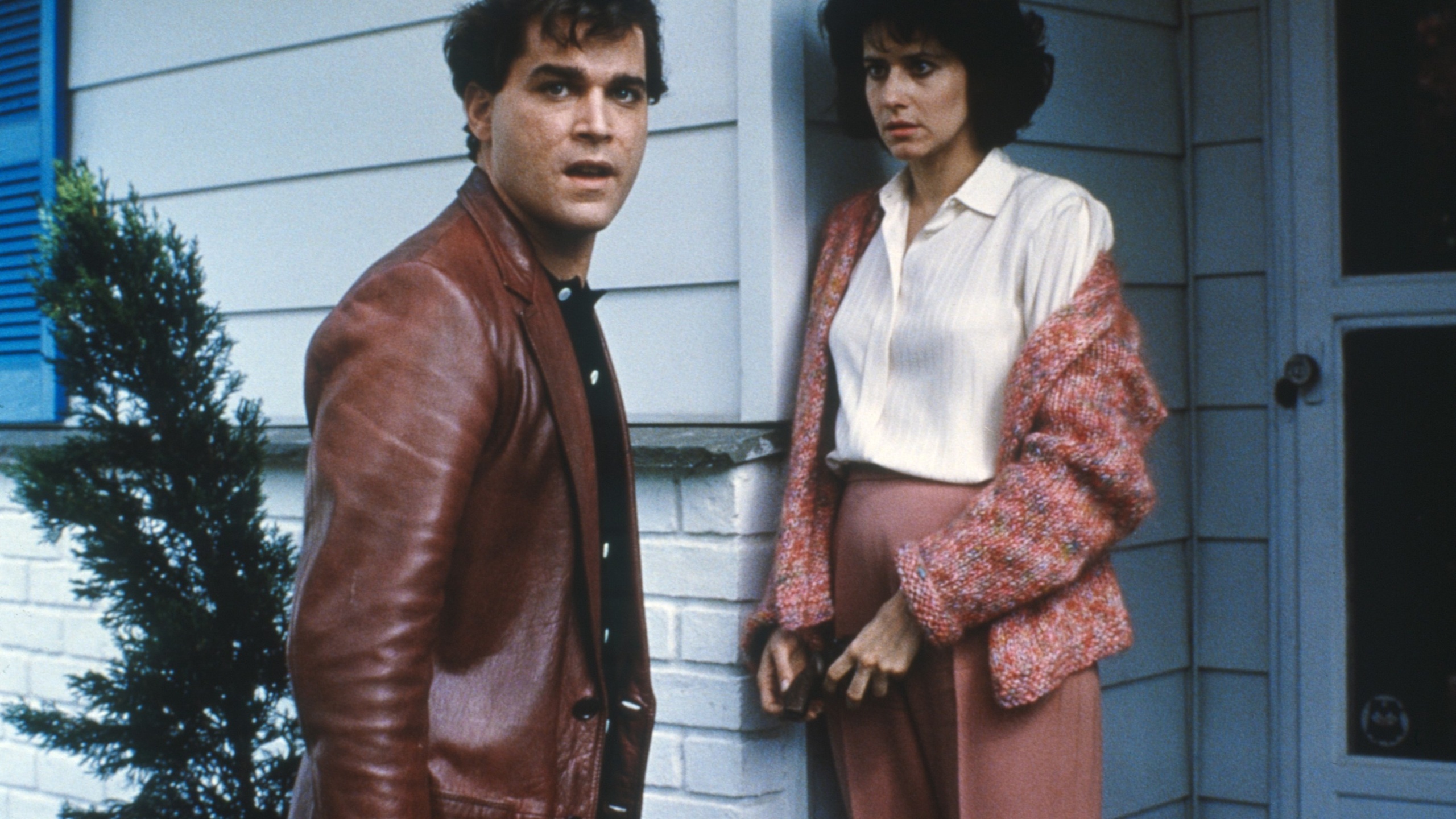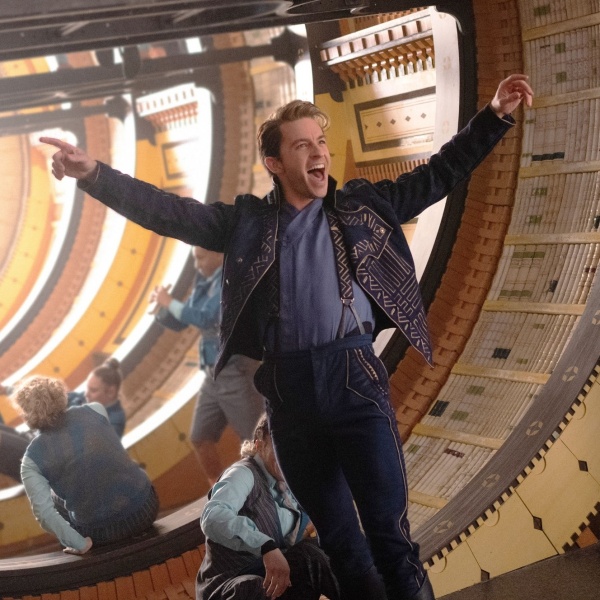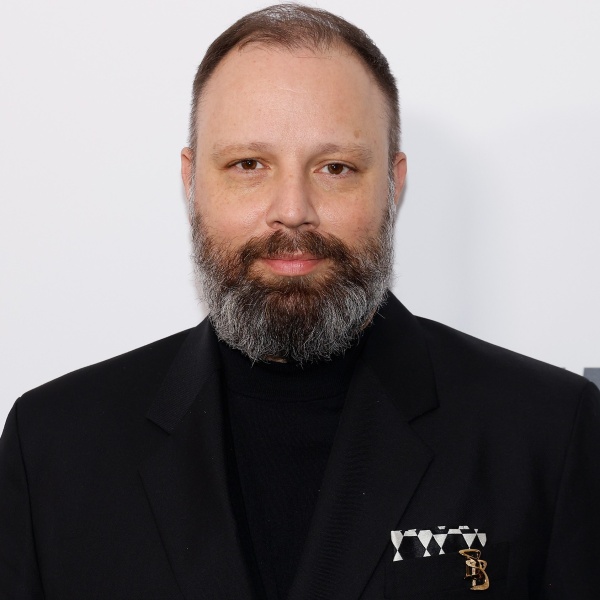In 1973, producer Irwin Winkler attended the New York Film Festival and decided to check out a new film by a talented young director. Winkler liked what he saw in Martin Scorsese‘s “Mean Streets,” and he was flattered by the fact that Scorsese paid tribute to one of Winkler’s early films by featuring a poster for “Point Blank” at a key moment. “Somebody arranged for Marty and I to have coffee, and we just hit it off,” Winkler told IndieWire. Thus began a producer-director partnership that would yield some of the greatest movies ever made, including “Raging Bull,” “Goodfellas,” and “Silence.”
Winkler would be a legend in the business based on just the movies he made with Scorsese, but they’re the tip of the iceberg. “You look at his credits and it’s astonishing, even if you know him and even if your own films are among them,” Scorsese told IndieWire. Winkler has been creating masterpieces since “Point Blank” in 1967, and he’s still going strong at 92 — earlier this year he was responsible for one of the best movies of 2023 when he produced the excellent “Creed III,” a high point in the “Rocky” series that Winkler launched over 40 years ago.
On December 10, the American Cinematheque will pay tribute to Winkler with a double feature of “Raging Bull” and “Creed III” featuring a live career conversation with the producer in between films. Ironically, given that Winkler has produced 10 fight films, he’s never been to a boxing match. “I couldn’t stand it,” he said of the sport. “But I never looked at ‘Raging Bull’ or ‘Rocky’ as boxing movies. ‘Raging Bull’ was a story about a man’s life and the role violence played in it. ‘Rocky’ was about giving a man a chance and seeing what could happen for him.”

Although both are now classics, the stark differences between “Raging Bull” and “Rocky” speak to Winkler’s range as a producer; one is emotionally confrontational and cinematically groundbreaking, the other a supreme example of profoundly uplifting classicism. The success of “Rocky” is what enabled Winkler to get the more challenging “Raging Bull” off the ground. “United Artists hated ‘Raging Bull,’” he said. “They wanted me to make ‘Rocky II’ desperately, and I said, ‘If you guys don’t want to make “Raging Bull,” I don’t want to make “Rocky II.”‘ So that was the trade-off.”
According to Scorsese, that kind of commitment characterized all of his collaborations with Winkler. “I don’t know if the pictures would have happened if Irwin hadn’t been there,” he said. When Scorsese ran into trouble on “Goodfellas” after what Winkler described as a “disastrous” test screening, the producer fought for Scorsese’s vision to remain intact. “We had 39 walkouts in the first 15 minutes,” Winkler said. “It was probably the worst recruited audience screening I’ve ever attended. And by the way, it was at least 90 percent the same movie that’s now considered a classic, so I have no idea what those folks in Van Nuys were thinking.”
Winkler came into the business during the transition from the old studio system to the New Hollywood represented by Scorsese and his peers, and he inherited a belief that the producer stays closely involved with a film throughout every step of the process. “It wasn’t like today when there are 17 producers credited and one of them is the hairdresser’s sister or something,” Winkler said. “The producer would be on set from call time in the morning through dailies at night.” That meant Winkler spent countless hours not only producing, but observing great directors like Scorsese, Sydney Pollack, and John Boorman — experiences that informed his own superb directorial debut in 1990, “Guilty by Suspicion,” which will also be screening at the Cinematheque this month.

“Irwin came from a generation of producers who breathed moviemaking, who knew the business inside and out, who understood how to stay afloat in the business and pursue the possibilities of the art form at the same time,” Scorsese said. “Take the year 1967. A turning point in Hollywood, the end of the Old Hollywood, the beginning of the New Hollywood, and the pictures commonly cited as turning points are ‘The Graduate’ and ‘Bonnie and Clyde.’ Which is true. But then, the same year, there’s ‘Point Blank,’ which is something else again, a picture that certainly didn’t make as much money but which has probably had just as lasting an impact. Irwin made ‘Point Blank’ possible… right after producing ‘Double Trouble’ with Elvis Presley!”
Winkler’s skill at navigating the intersection between art and commerce made Scorsese an admirer of Winkler’s work long before they worked together. Listing some of the producer’s key credits, Scorsese singles out “They Shoot Horses, Don’t They,” “Leo the Last,” and “The Gambler” as essential viewing. “And then, a film made on a very low budget that turned everything upside down, ‘Rocky.’ So by the time we worked together for the first time on ‘New York, New York,’ I knew that this was someone who would fight for the movie, who would do his best to protect it. Which he did. And that’s why I went back to Irwin for ‘Raging Bull,’ for ‘Goodfellas,’ for ‘Silence’ and ‘The Irishman.’ They were all risky projects, and he was up for handling the risks and meeting the challenge.”

Those risks and challenges are part of what keep Winkler excited about making movies. “I still get a kick out of it,” he said. “I get a great deal of satisfaction when the studio says, ‘Go ahead, make the movie.’ I know the next year is going to be full of surprises, some frustrations, some satisfactions, some disappointments, but it keeps me alive.” The fact that the process remains mysterious is an endless source of fascination for Winkler. “You’re making a piece of art, and you never know if it will be what you hope it will be. Sometimes it works and sometimes it doesn’t. Not every ‘Rocky’ was as good as the first one. Not every ‘Creed’ will be as good as the third one.”
Ultimately, Winkler said he relies on his own instincts — instincts like the one that made him correctly assume Michael B. Jordan was ready to direct with “Creed III.” “I saw that he had the intelligence and the commitment,” Winkler said. As far as Scorsese is concerned, Winkler’s instincts have made him a key figure in film history and in the industry during the age in which the two filmmakers forged their careers. “He knew the lay of the land as well as or better than most agents, executives and studio heads, and he understood what you had to do, the order in which it all had to happen, and he knew the subtleties,” Scorsese said. “He knew how to handle every meeting he walked into. And he loves cinema. He loves the business, but he loves the art form even more. He’s a giant.”
“Irwin Winkler: An American Cinematheque Retrospective” runs in Los Angeles through December 13.




